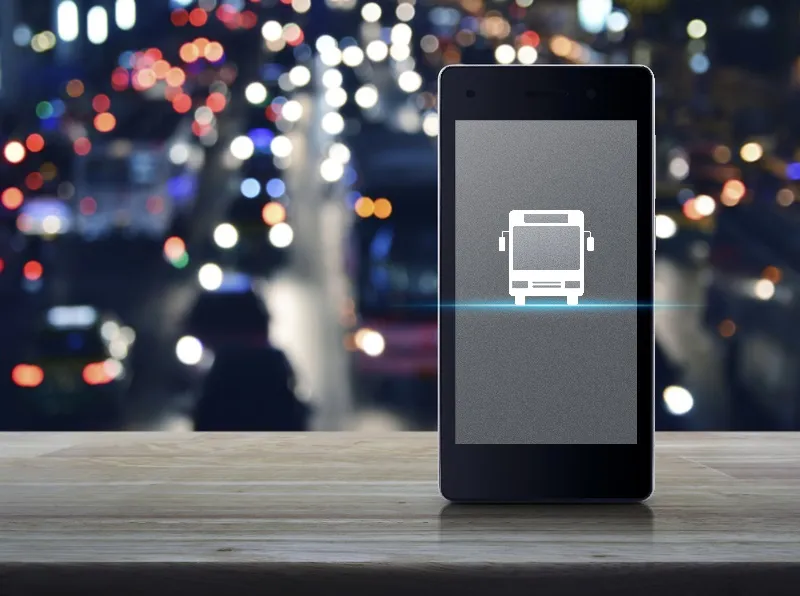
The majority of European consumers would like to be able to access a single Mobility as a Service (MaaS) app, rather than face the hassle of switching between several of them.
A survey across 10 countries by motoring organisation FIA Region I found that 69% of respondents wanted just one app which would allow them to handle all their transport needs.
Most (57%) currently have one or two such apps on their phone, while only 16% have none at all.
Just under a third of respondents use mobility apps once per week.
The organisation found that more than 70% rely ‘heavily’ on map applications to move around inside or outside their city – as do around a third of those who use public transport.
“Mobility apps improved consumers’ lives by facilitating access to information on their preferred transport,” says Laurianne Krid, director general at FIA Region I.
“However, a proliferation of mobility apps is not the most consumer-friendly solution as it is burdensome to switch from one app to another to find the best transport option. We should listen to consumer requests for a single application and put the necessary requirements in place”.










